NASA’s Apollo mission remains one of the most groundbreaking achievements in space exploration. However, part of the mission’s logistics meant astronauts had to leave all their trash on the Moon. Among the waste left behind were 96 bags of human waste, along with discarded gear and other debris. With a new lunar expedition planned for 2026, NASA aims to make this mission more sustainable and has announced a $3 million prize for anyone who can develop effective trash management solutions for space missions, according to a NASA press release.
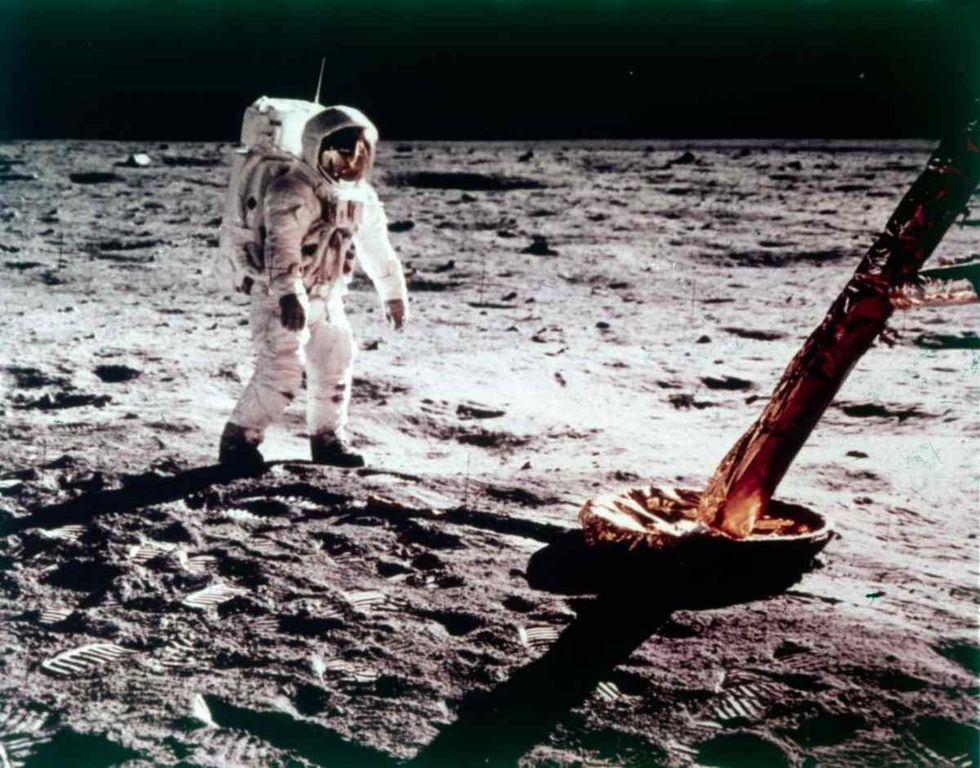
Today’s astronauts undergo rigorous pee-and-poop tests to handle waste management during their missions. However, during the Apollo era, the system was far more primitive. As IFL Science explains, Apollo astronauts had to store their urine in tanks and use a strapped-on bag for solid waste. Once full, these bags, along with used clothing, food packaging, and other experimental materials, were left on the Moon’s surface. The first photograph of Neil Armstrong on the Moon even shows a waste bag in the foreground. The discovery of a secret stash of Moon artifacts in Neil Armstrong’s closet years later only adds to the legacy of Apollo’s unique challenges.
To make sure that something like that isn't repeated and the astronauts recycle and use the waste to spend more time in space, NASA has launched the “LunaRecycle Challenge” to invite innovators who could solve this problem. In addition to that, as NASA plans to do longer missions on Moon, and Mars, it becomes even more crucial to design technologies that will help astronauts reuse the waste. Even if they take out the packaging and electronic waste, human waste is insanely aplenty and unavoidable.
“Operating sustainably is an important consideration for NASA as we make discoveries and conduct research both away from home and on Earth,” Amy Kaminski, program executive for NASA’s Prizes, Challenges, and Crowdsourcing program, said in the press release. “With this challenge, we are seeking the public’s innovative approaches to waste management on the Moon and aim to take lessons learned back to Earth for the benefit of all.”
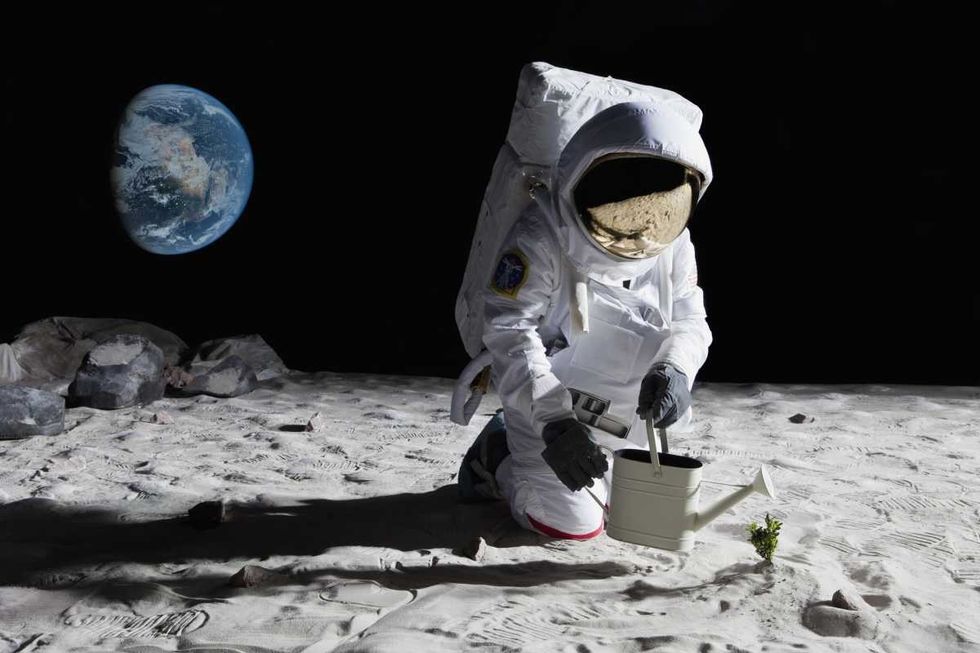
The competition will be held in two phases, according to the press release. The first phase, the “Prototype Build Track” will focus on designing and developing hardware components and systems for recycling solid waste on the lunar surface. The second phase, "The Digital Twin Track” will require the participating teams to design a virtual replica of a complete system for recycling solid waste streams into useful products. Interested scientists can register for the challenge by heading to this link.
Apart from being used in space, NASA also envisions a future for these designs where they will enable communities on Earth to recycle waste with higher efficiency. This approach isn't new since a lot of technology that we use in everyday life now, was once developed by NASA for astronauts.

















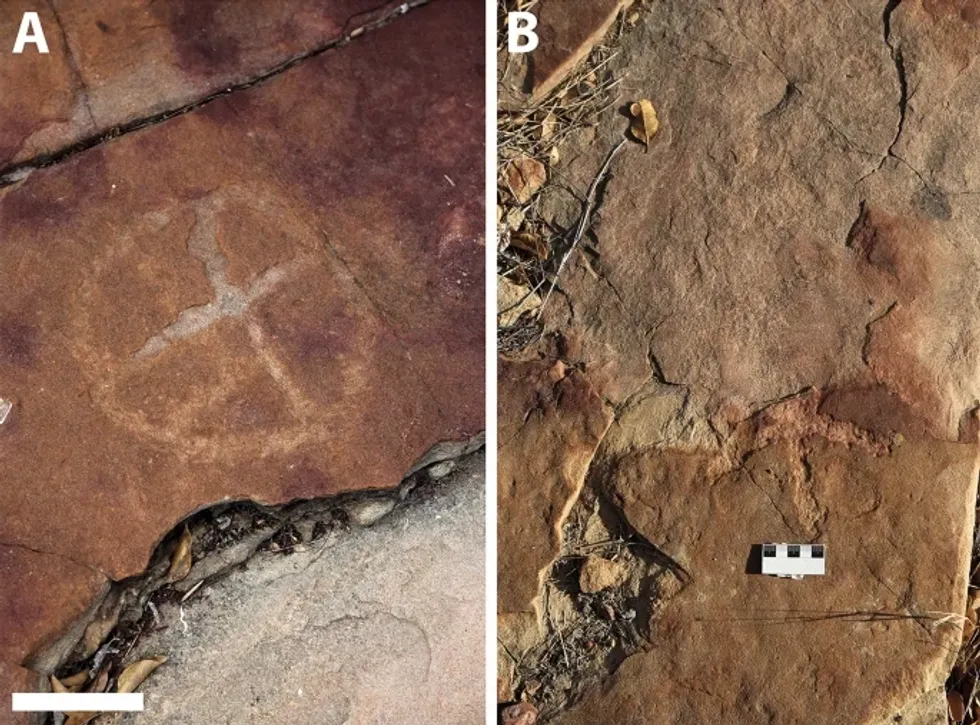 Rock deterioration has damaged some of the inscriptions, but they remain visible. Renan Rodrigues Chandu and Pedro Arcanjo José Feitosa, and the Casa Grande boys
Rock deterioration has damaged some of the inscriptions, but they remain visible. Renan Rodrigues Chandu and Pedro Arcanjo José Feitosa, and the Casa Grande boys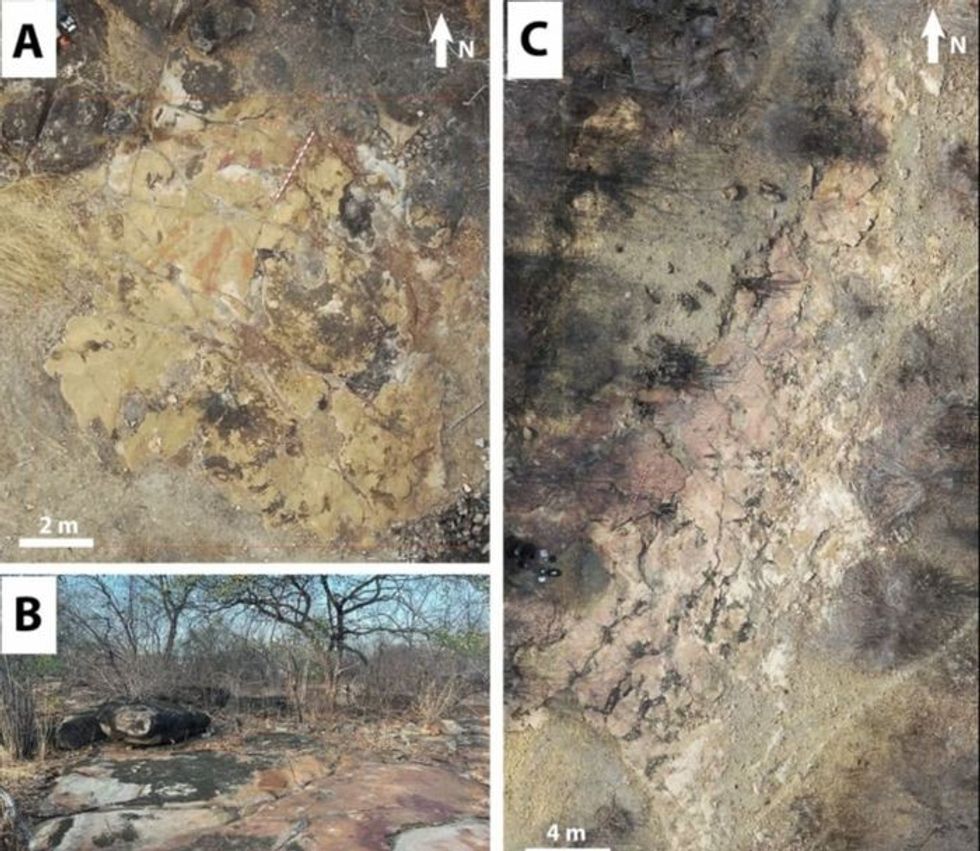 The Serrote do Letreiro site continues to provide rich insights into ancient life.
The Serrote do Letreiro site continues to provide rich insights into ancient life.

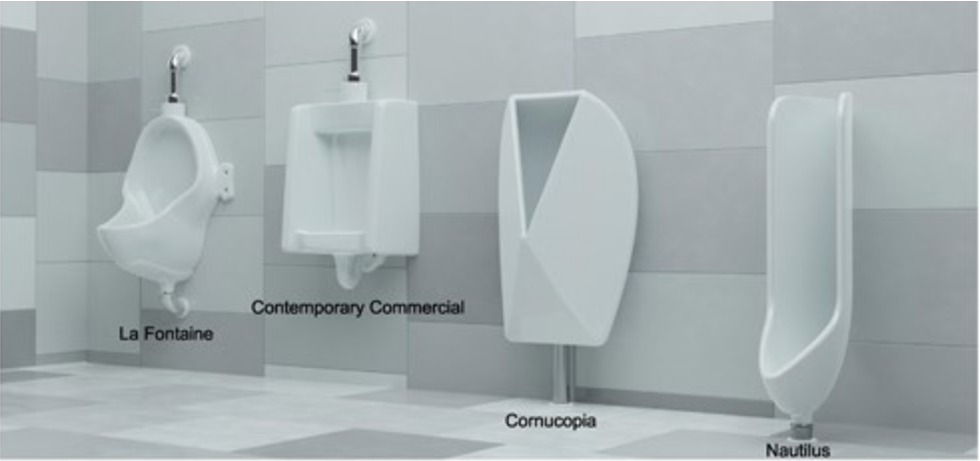


 Music isn't just good for social bonding.Photo credit: Canva
Music isn't just good for social bonding.Photo credit: Canva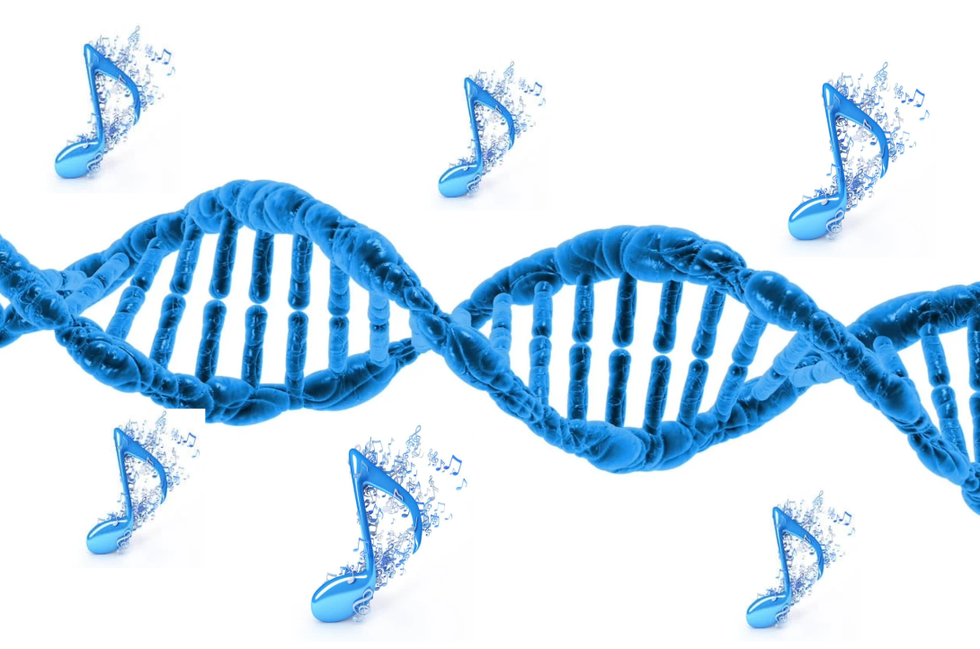 Our genes may influence our love of music more than we realize.Photo credit: Canva
Our genes may influence our love of music more than we realize.Photo credit: Canva
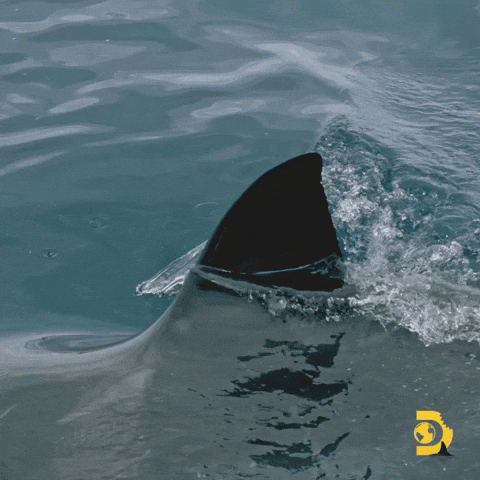 Great White Sharks GIF by Shark Week
Great White Sharks GIF by Shark Week

 Blue Ghost Mission 1 - Sunset Panorama GlowPhoto credit:
Blue Ghost Mission 1 - Sunset Panorama GlowPhoto credit: